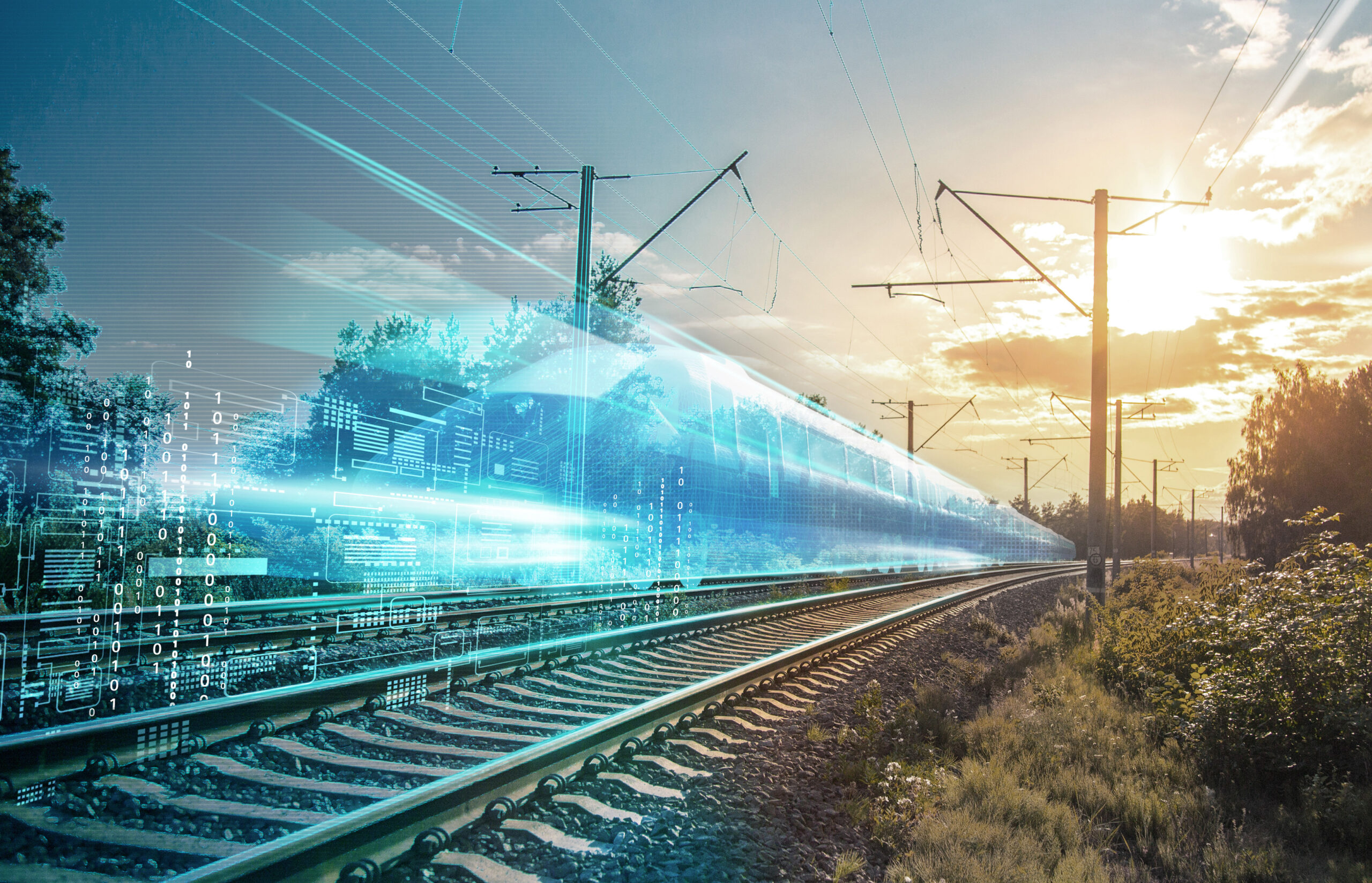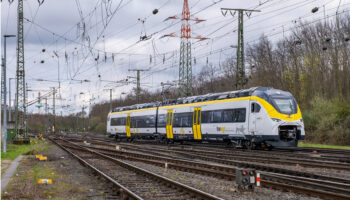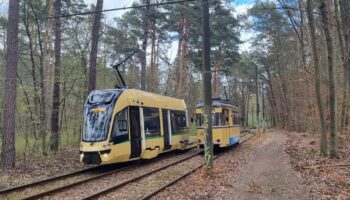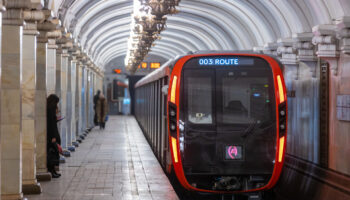Germany: The company and its 16 partners plan to create a system of standards for testing and applying AI in regional trains.
The project was named safe.trAIn and is scheduled for implementation by the end of 2024. Other 16 partners of the manufacturer also take part in it, including the German Institute for Standardization (DIN) and the Association for Electrical, Electronic & Information Technologies (VDE). Both organizations are the developers of a significant part of the technical standards in the EU. A number of certification centers are also among the project participants. As to Siemens, the project budget is €23 mln, and a state subsidy from the German government is provided.
The key target of the project is to provide an implementation of technologies to increase rail traffic frequency on the existing infrastructure, which in this way should attract additional passenger traffic from other kinds of transport and will ensure the fulfillment of the German government targets to reduce CO2 emissions. The company notes that such approach could be an alternative to new rail track construction projects, which take 20-30 years to complete and involve significant capital costs.
During standards development, it is planned to use a number of example applications to verify the suitability of test standards. As Siemens notes, the result of the project should allow to ensure the launch of the project participants’ solutions onto the rolling stock market (such IT companies as BIT Technology Solutions, Bridgefield, Edge Case Research, ITQ, Merantix Labs and SETLabs take part in safe.trAIn). Additionally, the fulfilled work will form the basis of standardization processes in the areas of AI and rail transportation.
In Russia, NIIAS and TMH Smart Systems have been working on the Virtual Coupling system project, aiming at reducing the intervals of freight trains traffic. As Andrey Romanchikov, General Director of TMH Smart Systems, noted in a recent interview with ROLLINGSTOCK, the Virtual Coupling technology has already been integrated into 911 electric locomotives of the Russian Railways’ fleet, and all new ES5K locomotives manufactured by TMH are being equipped with this system at the production stage. “This technology has already been proven to provide a 15% increase in turnover on existing infrastructure that allows the customer to save on capital costs”, Andrey Romanchikov said.
Siemens together with Deutsche Bahn is also taking part in the Sensors4Rail project to automate the operation of the S-Bahn urban rail system in Hamburg. Work is underway to test a tram driver assistance system in Budapest: Siemens Mobility expects that the fully self-driving tram technology will be ready for commercial use by 2026.













